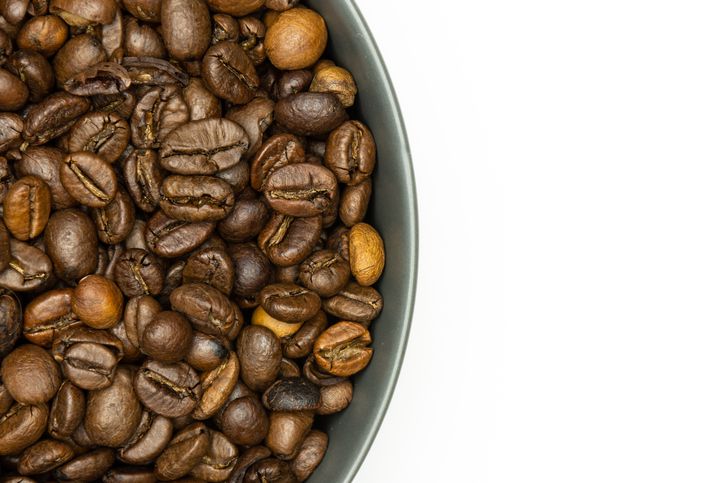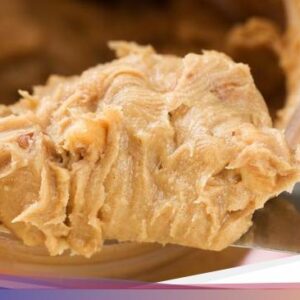Jakarta –
Drinking coffee is often associated with improving brain function. However, this latest research shows that drinking coffee can also slow down premature aging of facial skin.
The benefits of drinking coffee have been recognized by many people because of its caffeine content which can ward off drowsiness, improve brain function, and stimulate the central nervous system.
Apart from caffeine, coffee also contains antioxidants and various other nutrients and vitamins. Such as vitamins B2, B5, B1, folate, calcium, magnesium and phosphorus which can prevent various serious diseases.
ADVERTISEMENT
SCROLL TO CONTINUE WITH CONTENT
Not only the benefits mentioned above, recently a study also proved the benefits of coffee in slowing down the signs of facial aging.
Launching Very Well Health (10/09/2024), research in the Journal of Cosmetics Dermatology compared four drinks consumed by more than 16,000 Europeans, namely, coffee, tea, alcohol and sweet drinks. Among the four, coffee is one drink that shows significant results for preventing premature aging of facial skin.
Researchers reveal that the antioxidant properties of coffee can fight oxidative stress and inflammation. The polyphenol content in roasted coffee beans can also increase skin elasticity and hydration, thereby delaying the appearance of fine wrinkles and other signs of aging.
 Consuming coffee from lightly roasted beans is said to help prevent premature aging. Photo: Getty Images/iStockphoto/Kateryna Bibro Consuming coffee from lightly roasted beans is said to help prevent premature aging. Photo: Getty Images/iStockphoto/Kateryna Bibro |
However, not all types of coffee show these positive results. Tyler Long, DO, a dermatologist at the New Jersey Skin and Laser Center, said that light roasted coffee and dark roasted coffee show different effects because polyphenols are sensitive to heat.
Light roast coffee is coffee that is roasted at a temperature of around 180-205 degrees Celsius. Produces a characteristic soft taste with a thin oil sheen on the surface of the coffee beans.
Meanwhile, dark roast coffee is usually roasted at temperatures above 225 degrees Celsius. It produces coffee that looks very shiny because quite a lot of the coffee oil it contains comes out due to the long roasting process.
Tyler Long, DO also revealed that light roasted coffee is actually more beneficial in terms of preventing aging than dark roasted coffee. This is because longer exposure to high temperatures during the grilling process can damage polyphenols. In fact, these polyphenols provide anti-aging effects on the skin.
Tyler Long also showed examples of the type of coffee he prefers, his choice is between espresso with drip coffee or drip coffee which is brewed manually by letting the coffee water drip slowly from the tool used.
 Expert Taylor prefers consuming espresso to drip coffee. Photo: Getty Images/iStockphoto Expert Taylor prefers consuming espresso to drip coffee. Photo: Getty Images/iStockphoto |
He personally prefers espresso to drip. Because according to him, espresso is thicker or more concentrated due to the light roasting process of the coffee beans, so the polyphenol content is more beneficial.
Moderation and consistency are the keys to getting the health benefits of this coffee drink.
Hannah Kopelman also reveals the recommended coffee dosage to get anti-aging benefits. According to him, two to three 5 ounce (28,413 ml) cups of coffee are enough to provide full anti-aging benefits.
Even though it has benefits for preventing skin aging, Long warns against consuming too much coffee. According to Long, drinking too much coffee can cause dry mouth, sleep disturbances, and other unpleasant symptoms.
It’s better to drink coffee in moderation but do it consistently every day because antioxidants and other anti-inflammatory compounds can accumulate in the body.
Adding cream and sugar to coffee is also not recommended if you want to maximize its anti-aging benefits. This is because sugar can cause glycation, namely the effect of sugar sticking to collagen and other types of structural materials in the skin. According to Long, sugar can also increase oxidative stress in tissues.
If you want to add milk to your coffee, Long suggests using whole milk rather than skim milk. This is because skim milk has a high glycemic index, which can cause a spike in blood sugar.
(aqr/odi)






